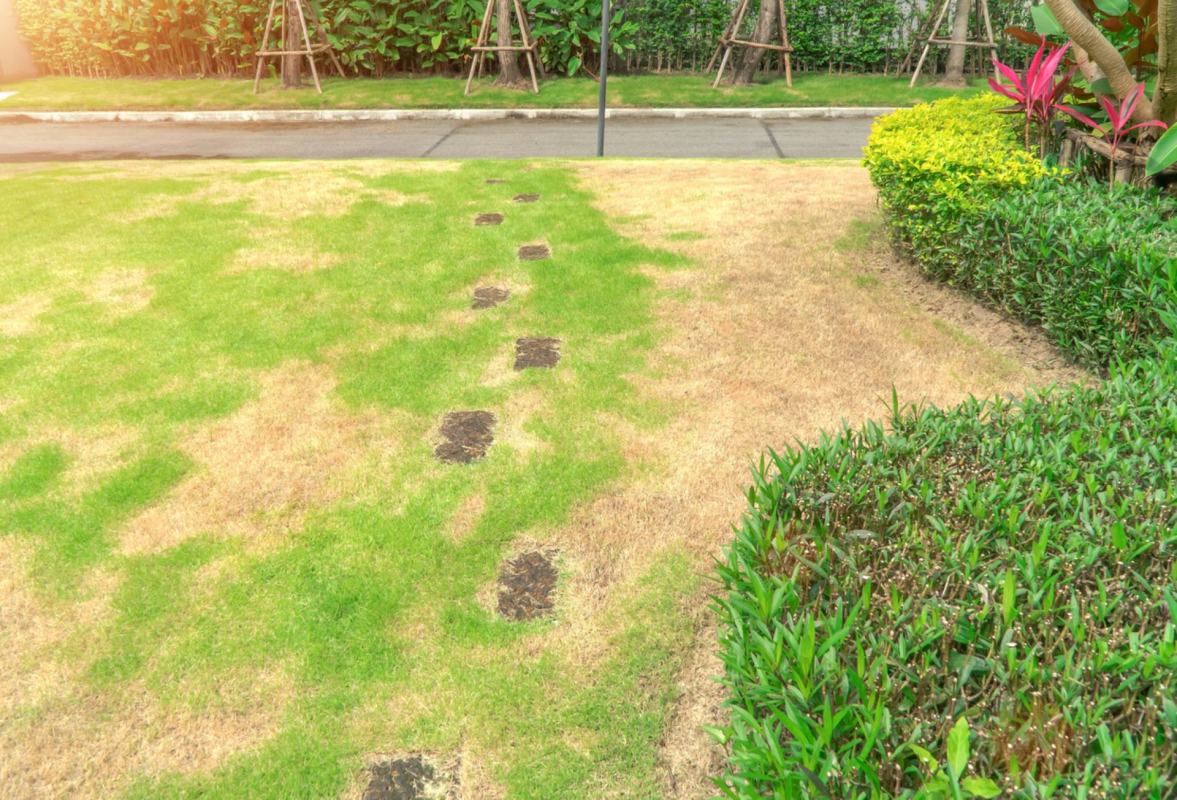When one homeowner hoped to improve their barren yard, they found mixed messages about their initial solution.
"I have a small city lot in a drought-prone [area]. The lot is flat and barren (Bermuda grass and dirt) minus two mature trees (80-year-old, 70-foot-tall pecans)," they explained on Reddit. "Basically, the yard and neighborhood would benefit from any garden I put in."
But the particular one they had in mind might have been an exception.
"Every comment thread related to gravel gardens makes them out to be evil incarnate. Is there a middle ground?" they asked.
They posed their question to r/NoLawns, a community dedicated to partially or fully replacing turf grass lawns with alternatives. Traditional turf grass takes huge amounts of water to grow; needs frequent maintenance to keep it mowed, edged, and weed-free; produces runoff full of polluting fertilizer and weed killer; and doesn't provide food or shelter for wildlife, including beneficial pollinators.
That's why more and more people are choosing alternatives, like clover lawns, native plant gardens, and xeriscaping (landscaping with stone, gravel, mulch, and drought-tolerant plants) — all of which are cheaper and easier to keep.
Gravel would also be a simple solution that would reduce water, fertilizer, and potentially herbicide use, but this Redditor was wary.
"I've read removing four to six inches of topsoil is critical to the success of a gravel garden. Would the process/result be detrimental to my mature trees?" they asked. They also said they were willing to try alternatives — but they needed open spaces that could tolerate foot traffic without getting muddy.
Sadly, pure gravel was probably not the way to go.
"Yes, it will harm your mature trees," said one commenter. "Even if you don't remove the soil, gravel adds excess heat, makes it harder for roots to grow, and is more or less impossible to remove. Best material for pathways is mulch, in my opinion."
However, commenters did offer low-maintenance alternatives that would be perfect for this homeowner's location.
"It sounds like you're best off with low maintenance, drought-tolerant plants, whether or not they are native," said one user. "Mulch may also be of some benefit … I suggest hiring a landscaper who specializes in such landscapes. If that's not in the budget, then try to get a hold of some books on drought-tolerant landscaping or dry gardens."
Join our free newsletter for easy tips to save more, waste less, and help yourself while helping the planet.









